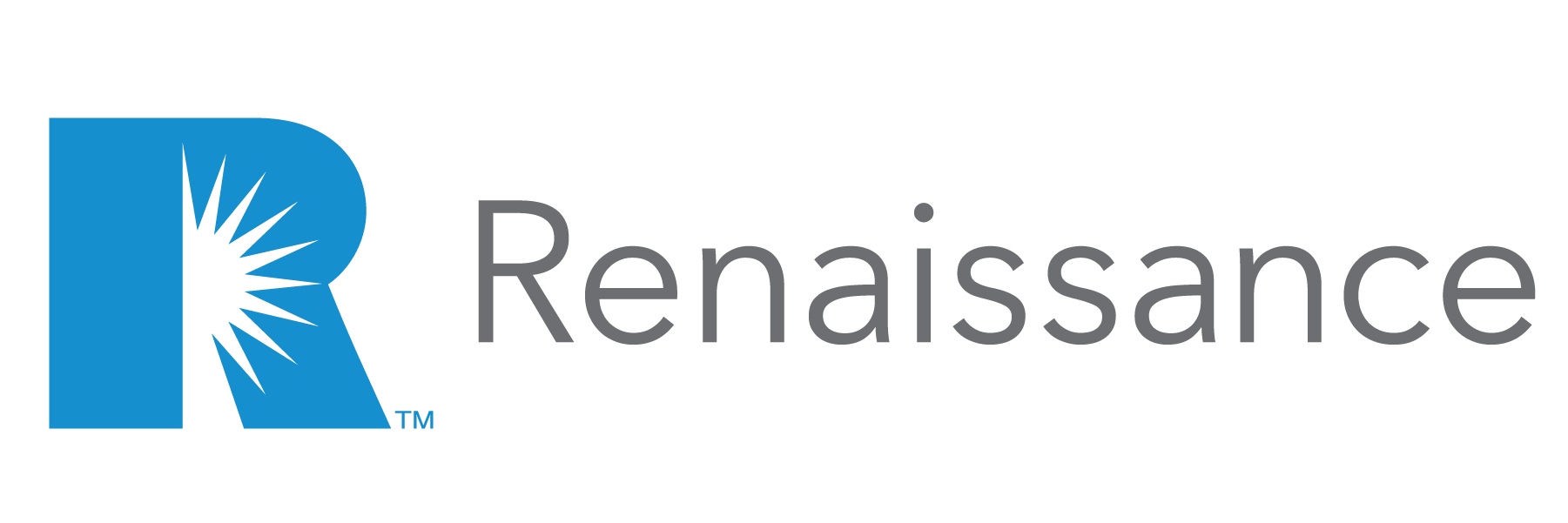After years of abusive lawsuits and fraud, homeowners insurance rates in the Sunshine State are through the roof – and both agents and policyholders are suffering. So what’s the answer?
By Oscar Miniet
Experienced members of the property & casualty insurance industry will tell you that the U.S. can be divided into three parts: 49 States, Florida, and South Florida.
Those who live in or conduct insurance business in the Sunshine State will also tell you that it’s hard to imagine the residential property insurance market getting much worse than it is at the moment, both for agents and for homeowners.
Considering the number of severe weather events that have wracked the state over the last decade, it would be tempting to believe that the multimillion-dollar losses – and the ensuing massive loss creep – dealt by hurricanes such as Irma and Michael are mostly to blame for the widespread pull-out of national insurers from the Florida property market.
Which is not to say that those losses aren’t huge; in fact, they continue to mount. Among the insurers who still write business here, in 2020 – even without a hurricane making landfall – Florida’s property insurance market posted one of its worst financial performances to date: 56 Florida insurers reported a combined $1.57 billion in underwriting losses, according to data obtained by the Tampa Bay Times.
That not only marks the industry’s fifth consecutive year of losses in the state, but is also more than two-and-a-half times what those companies lost in 2019.
As incredible as those figures are, agents in Florida know that the damage dealt by major hurricanes isn’t even the main driver behind insurers abandoning the state – as well as the huge influx of policies to Citizens Property Insurance Corp., Florida’s insurer of last resort.
Rather, the current residential property insurance crisis in Florida is the result of years of abuse by bad actors who have taken advantage of the assignment-of-benefits loophole, exploiting property insurers and policyholders alike.
Cause & Effect
Ten years ago, unscrupulous lawyers, public adjusters, restoration companies and others began posing as “insurance specialists” targeting homeowners who suffered weather damage – and promised them exceptional results on their property claims if they sign over their right to make a claim (an assignment of benefits) to them. Many would sell themselves on “taking care of everything” for the homeowner, including any and all dealings with the insurance company.
Additionally, homeowners were and have been offered financial incentives in order to initiate claims. That trend began to skyrocket five years ago at a pace that carriers and agents were unable to combat.
Prior to recently passed legislation, if a homeowner believed they were entitled to more than what their insurer said, they would hire a lawyer and sue their carrier for what the insured felt they deserved (or what their lawyer, contractor or public adjuster told them they deserved). Regardless of whether the attorney was able to secure an award above the initial offer from the insurance company, the lawyers were able to include their legal fees in the lawsuit – which is where the costs to the insurer truly began to skyrocket.
Those law firms, adjusters (some licensed, some not) and contractors have scammed thousands of Florida homeowners this way, offering deposit waivers, rebates and even gift cards to get homeowners to agree to AOB. AOB lawsuits make up more than half of the suits filed statewide against insurance companies, and in 2019, Florida accounted for over 76% of all homeowners’ litigation in the U.S. That should tell you something about just how profitable these legal actions are for Florida lawyers.
Also, consider this statistic: Since 2013, $15 bn has been paid out in claims in Florida – 71% of which went to attorney fees, 21% paid for insurers’ defense costs, and just 8% went to property owners for their losses.
Roofing contractors are largely to blame for pushing many of these claims that would otherwise never have been filed. Typically, a contractor solicits a property owner, telling them that they believe the property has sustained damage covered by the homeowner’s policy; if they’ve lost a few shingles off their roof in a hurricane, why shouldn’t they receive a whole new roof?
Sometimes things work out for the homeowners, allowing them to get over on their insurer. But those “victories” – which in reality are just insurance fraud – have led to premium increases of up to 40% for Florida homeowners after carrier appetite for property waned, competition decreased and rates went through the roof.
Insurance carriers can reserve against acts of God, but not the acts of unchecked greed.
Another factor causing an uptick in claims is a lack of knowledge of the claims process among insureds and a widespread sentiment among them of not wanting to “deal with” the process of a claim. As a result, those looking to perpetrate fraud upon the system find no shortage of homeowners to prey upon.
In one such case, the sister of one Renaissance member was misled by contractors who knocked on her door and advised her that some neighbors in her community were suffering for water damage and mold in their homes – and that she likely could have the same damage. Concerned, she invited in the contractors, who immediately broke large holes in her drywall, set up dehumidifiers and fans and led her to believe they immediately found signs of water damage. The contractors then had her sign a form that signed away to them all her rights to her claim.
Weeks went by, and after numerous unreturned phone calls she called her insurance company. They advised that they were unable to speak to her regarding her own claim, as she had assigned all rights – including the right to communicate – over to the contractors.
As a result of multiple forms of losses, Florida agents currently find themselves with fewer options when placing residential property coverage. A few major carriers like CNA, Travelers and Chubb still write homeowners, but restrictions are tightening around wind – and a property policy in Florida without wind coverage is next to useless.
Much of the property cover to be found these days is secured through specialty/excess & surplus insurers like Scottsdale (who recently took a rate increase ranging between 12% to 70%), and those have to be accessed through wholesale brokers such as Amwins, Johnson & Johnson, RT Specialty, RPS and XS Brokers. By the time those brokers’ own fees and commissions (around 5%) are factored in, property insurance yields less and less profit for local agents, even if the premiums are high.
It has been very difficult to have renewal conversations with insureds, some still recovering financially from the pandemic, and explain to them why they are seeing double-digit increases across the board – even for the best of clients. As carriers quickly tighten their underwriting guidelines or pull out of large swaths of the state, some clients are unable to make certain updates quickly enough to gain eligibility for alternate quotes. One homeowners renewal increase of approximately 30% with Scottsdale resulted in the client opting to completely remove contents coverage and increase deductibles just to make ends meet.
Partly Sunny
Still, all is not completely lost. On June 11, Gov. Ron DeSantis signed Senate Bill 76, which decreases the time limit to file insurance claims, introduces a pre-suit notice requirement, provides limitations on attorney’s fees, and permits the consolidation of related lawsuits.
It also prevents contractors, public adjusters, and companies from using predatory advertisements that encourage Florida residents to make insurance claims for roof damage and imposes a fine of up to $10,000 when companies violate the law. One of the bill’s provisions makes it illegal for contractors to canvass neighborhoods with door hangers, business cards, magnets, flyers, and other marketing materials encouraging consumers to contact a contractor or public adjuster to file an insurance claim on their behalf for residential roof damage.
Just weeks after the bill was signed into law, however, a federal judge granted an emergency injunction disallowing the portion of SB 76 that outlawed certain types of contractor advertising. Gale Force Roofing & Restoration, a Tampa Bay-area contractor, filed for the injunction, claiming a provision within the law violates its First Amendment rights to commercial free speech.
It’s still too early to see what the impact of SB 76 (which only came into effect on July 1) will ultimately be, but at least it’s a step in the right direction.
I can tell you firsthand that while this practice is now (somewhat) illegal in neighborhoods, that doesn’t mean that it has stopped. I attended a recent remodeling show in Miami, and the three types of vendors with the biggest presence there were, in this order: impact-window installers, mattress sellers, and – you guessed it – public adjusters, who were offering sign-ups for free estimates to have their homes fixed on their insurer’s dime. One such public adjuster’s entire display consisted of the phrase “#GetPaid” largely splashed on all visual angles.
The courts are also worth watching. In October, three more appeals in assignment-of-benefits cases went in favor of Florida property insurers, proving those carriers did not owe payment to restoration contractors because the insurance policy requirements weren’t strictly adhered to (mostly involving the required signatures of both spouses). Two of those lawsuits were brought by Union Restoration, which has filed at least 36 lawsuits against property insurers since 2015.
Agents’ Options
So in this environment, what’s an agent to do? Mostly, they have to weather the storm – and being part of a network can help in some ways.
Citizens Property Insurance Corp., Florida’s state insurer of last resort, is currently adding about 4,500 policies each week and is projected to hit around 700,000 policies by the end of this year. That number is not sustainable, and Citizens may reach a breaking point where it will have to alter its eligibility requirements to shed some of those policies. Those homeowners will have to find coverage somewhere, and Florida’s independent agents will be the ones they look to for guidance.
Members of Renaissance Alliance have access to a wide spectrum of carriers, and still get 100% of their commissions, profit sharing and overrides through admitted markets. Wholesalers will still want their piece of the pie, but those who facilitate coverage through mainstream insurers will still receive more in commission through Renaissance than they would on their own.
In Florida, I’ve also found that Renaissance’s member agencies often refer each other business if they don’t have the market for it, and provide other agents references to expertise available elsewhere. Make no mistake, there’s strength in numbers when it comes to the Florida residential property market.
Oscar Miniet is Regional Executive Vice President at Renaissance Alliance. He can be reached at Oscar.Miniet@Renaissanceins.com.
Related:
The Personal Lines Market Is Changing. Here’s How Your Insurance Agency Can Prepare






